This blog provides a detailed, visual, and measure-level comparison of 3 key CMS programs under the Quality Payment Program (QPP) framework — traditional MIPS, MIPS Value Pathways (MVPs), and the new Ambulatory Specialty Model (ASM) finalized in the 2026 Physician Fee Schedule Final Rule (CMS-1832-F).
- Traditional MIPS (2017–present): Broad, clinician-driven program allowing flexibility in measure selection but limited comparability across specialties.
- MIPS Value Pathways (MVPs, 2023–2026): Transitional structure to align measures by specialty or condition, improving comparability and interoperability.
- Ambulatory Specialty Model (ASM, launching 2027): Mandatory, condition-specific model targeting heart failure and low back pain specialists in select CBSAs.
This comparison highlights how CMS is evolving from flexible reporting (MIPS) to aligned reporting (MVPs) to accountable, outcome-based measurement (ASM), with increasing use of digital quality measures (DQMs), FHIR data exchange, and data validation via DQMs.

-2.png)
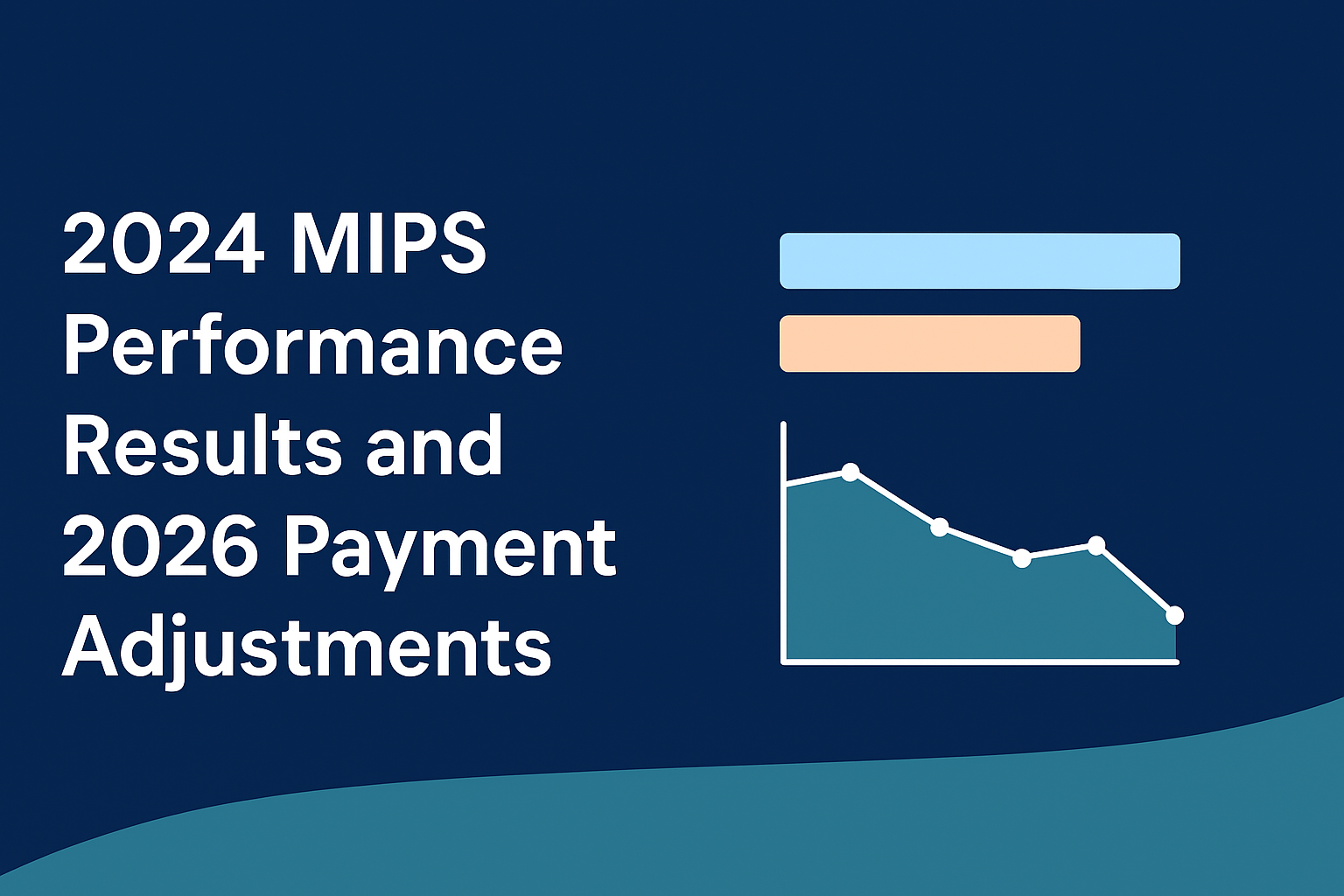

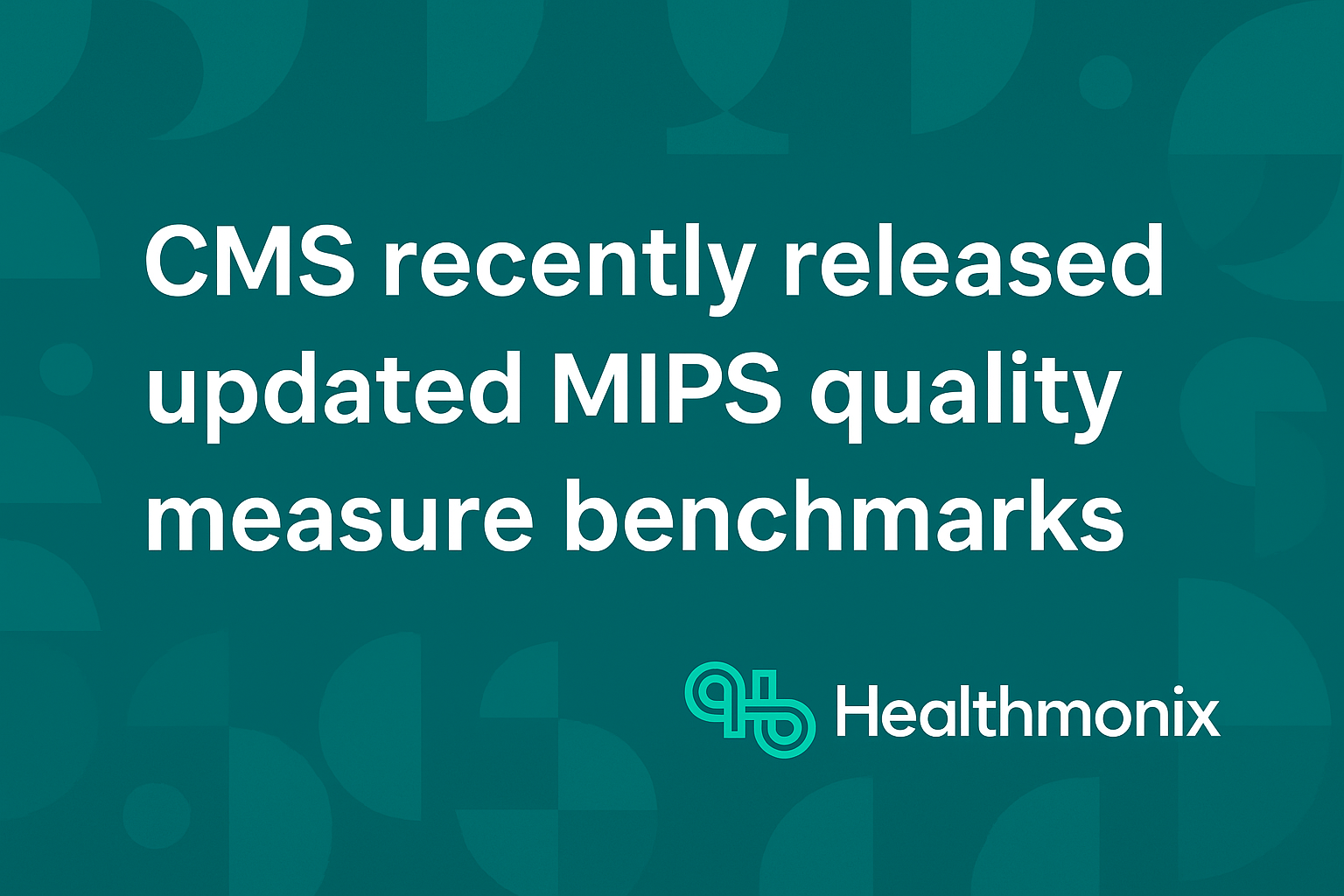
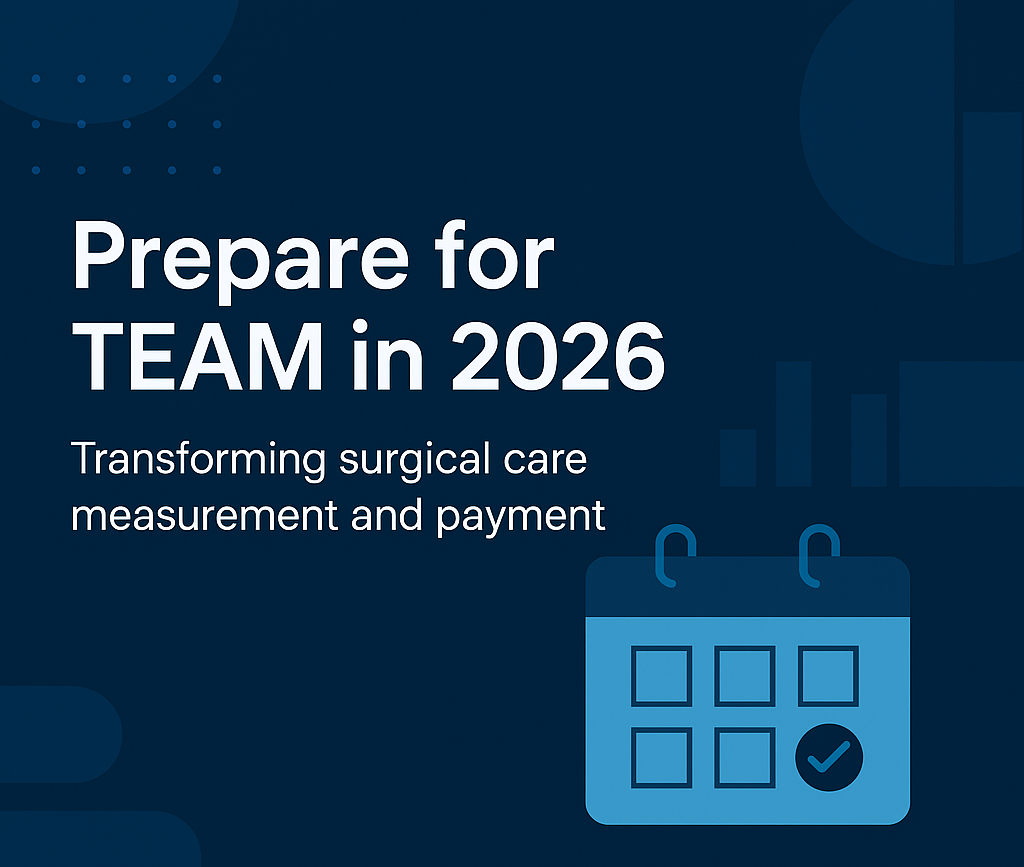
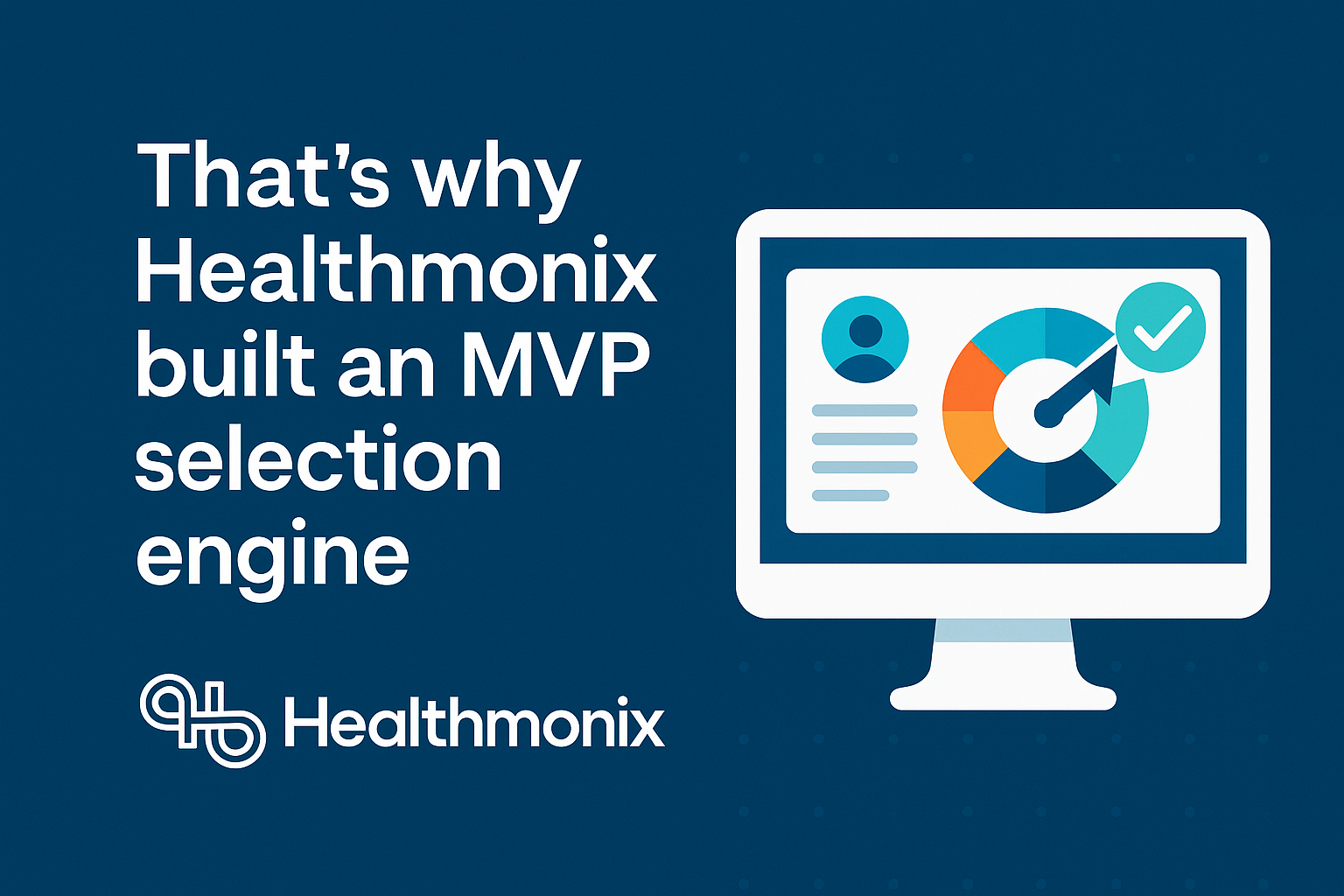
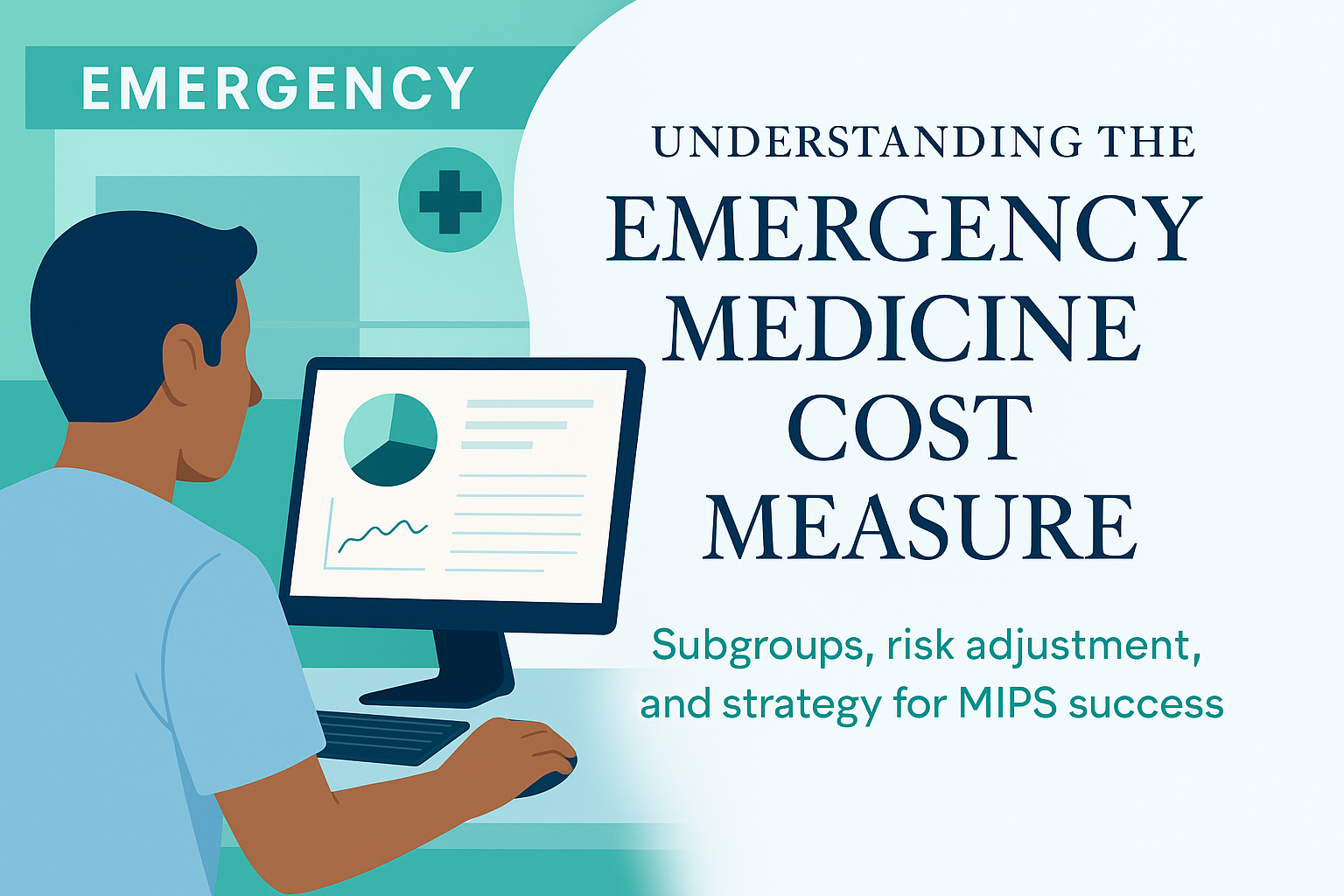
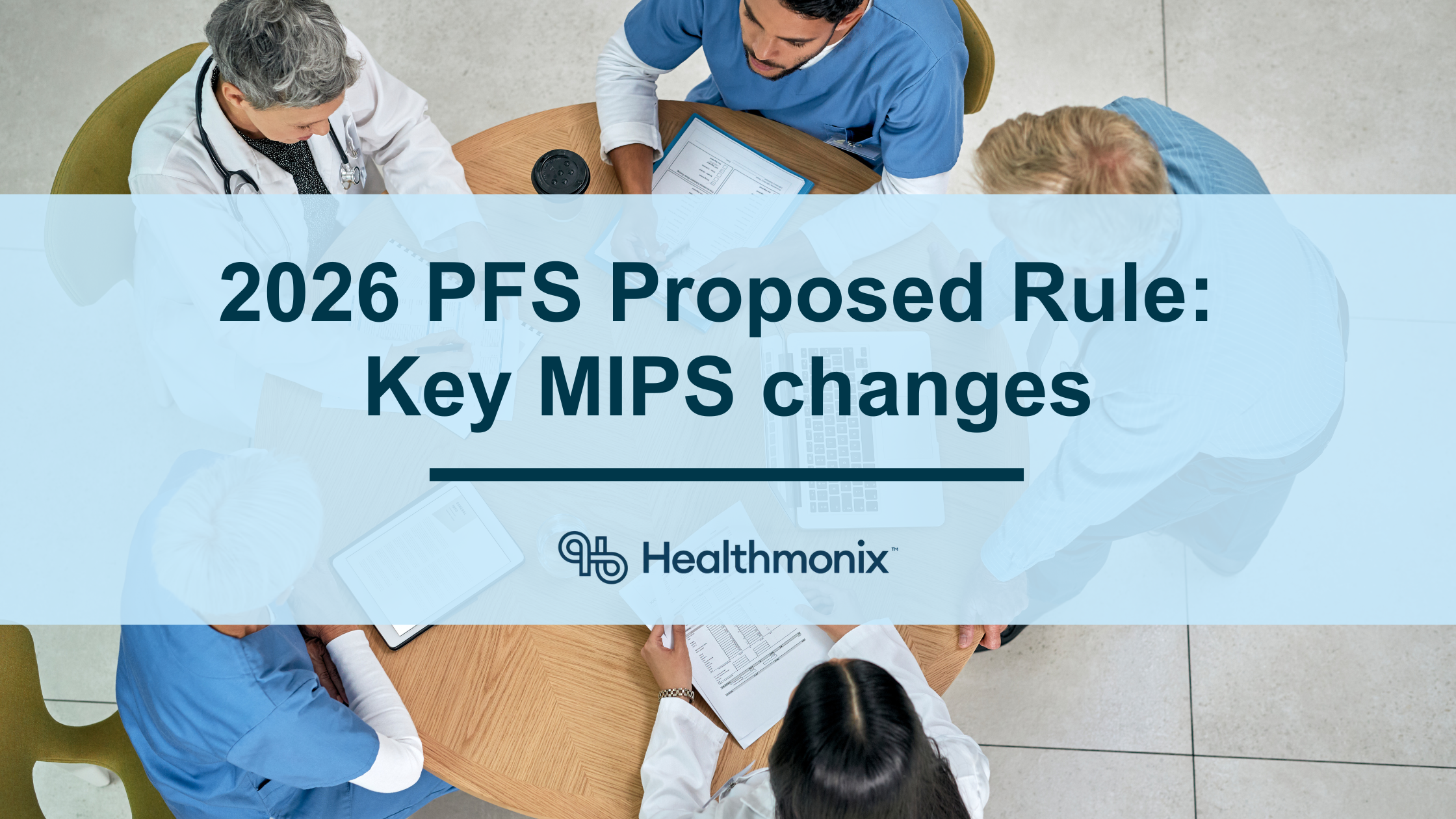
-1.png)
